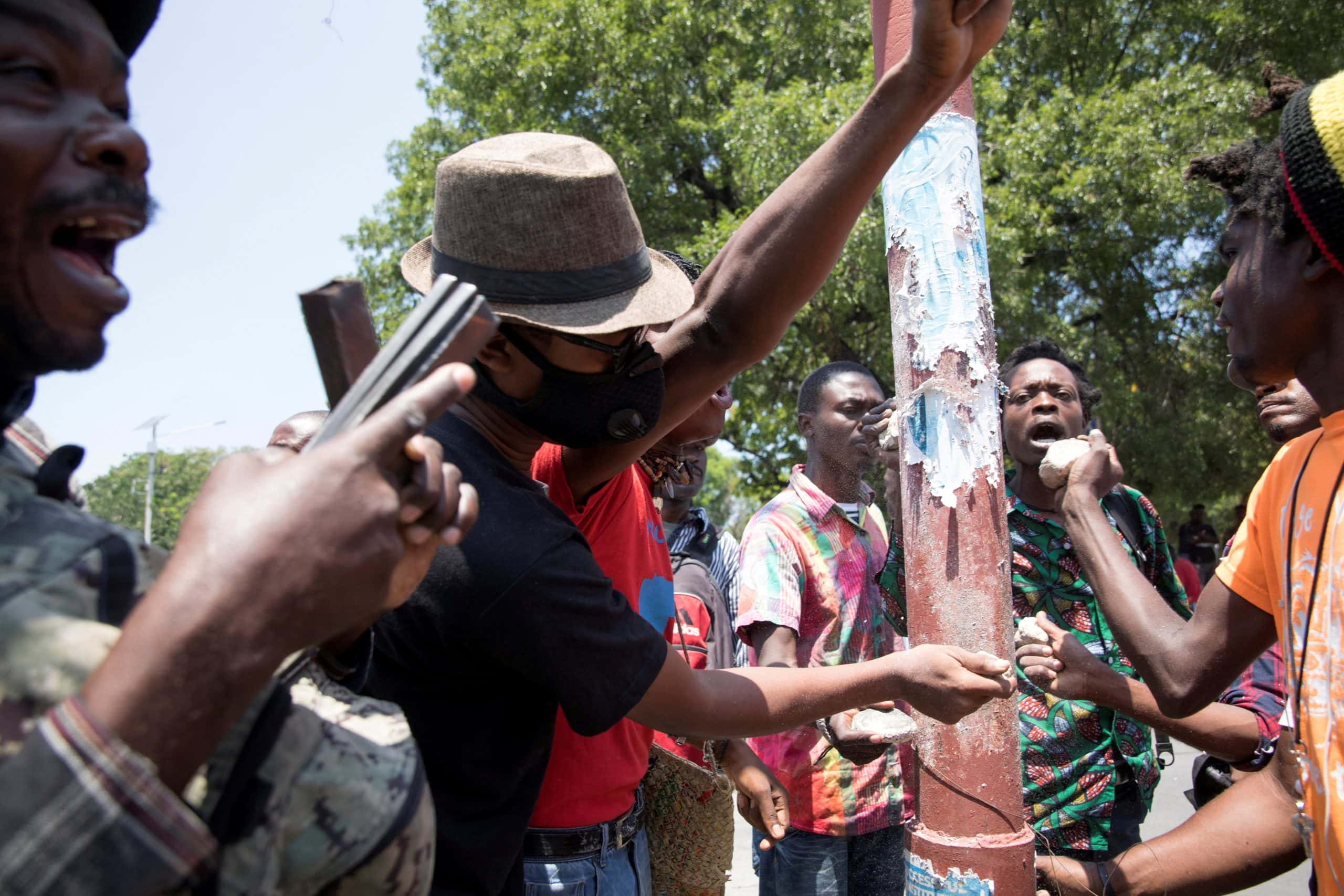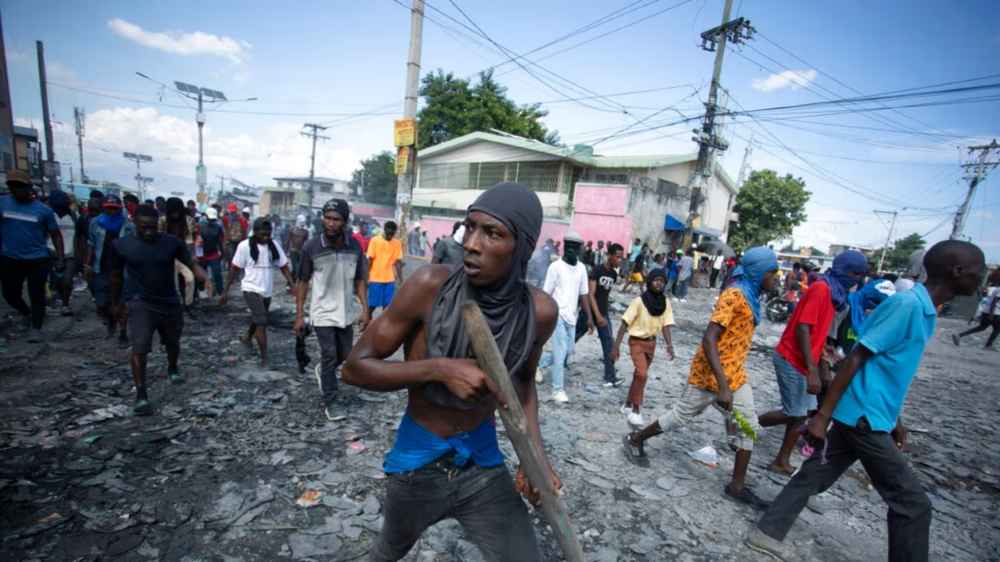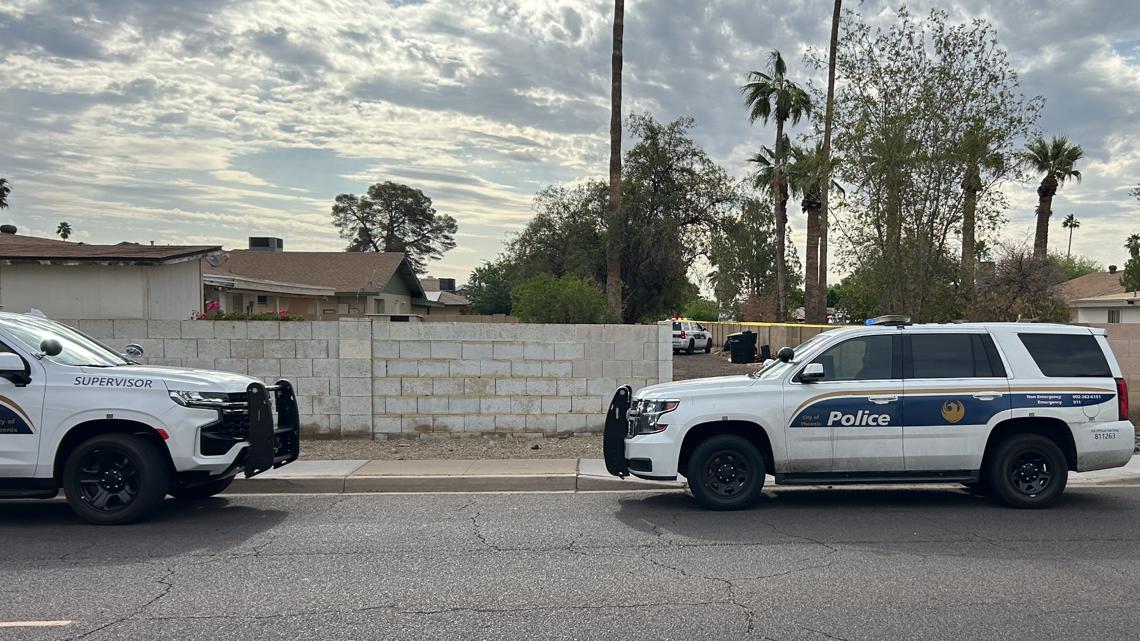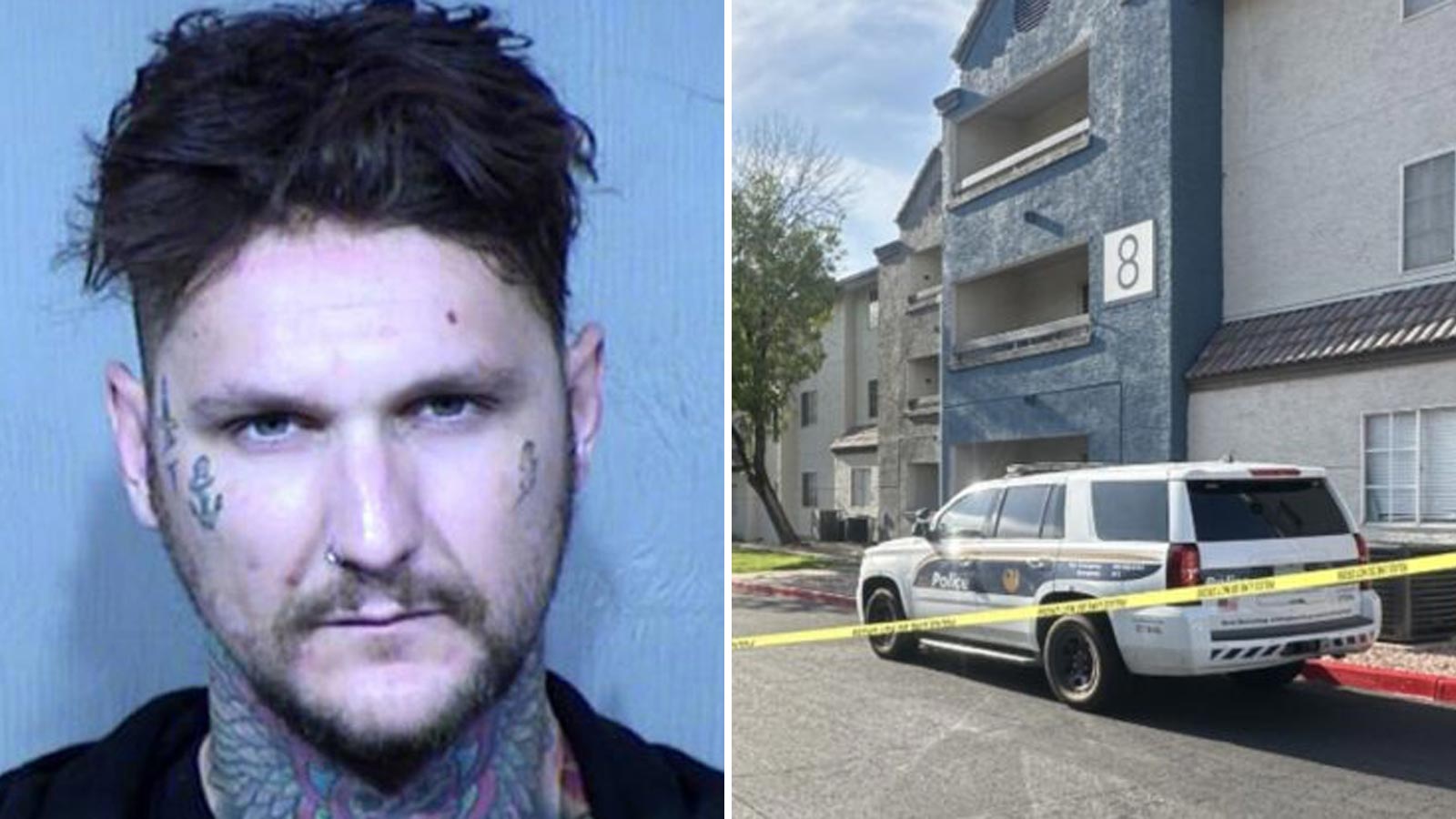The United Nations Security Council convened on Friday to discuss the Haiti human rights escalating violence plaguing the nation.

The deteriorating security situation in Haiti’s human rights has prompted a prominent organization to issue a stern warning about the alarming rise in killings and kidnappings
The National Human Rights Defense Network, in its report released on Thursday, strongly condemned the government’s lack of action in addressing the Haiti human rights crisis. The report highlighted a distressing trend, revealing that between May 1 and July 12, a staggering 75 people were killed, while another 40 individuals were abducted. Among the victims were an attorney, a schoolboy, two morticians, and at least six police officers. Notably, a female journalist from Radio Vision 2000 was kidnapped but later released, whereas her husband, the former president of Haiti’s Provisional Electoral Council, remains captive in the hands of gang members since mid-June. Additionally, gangs have been implicated in a brazen raid on a hospital in Canaan, located in the northern part of the capital city, Port-au-Prince, during which medical supplies were looted, and at least six security guards were abducted. Last month, armed criminals even set fire to the building housing the Jamaican consulate in Haiti.
The escalating violence has forced Doctors Without Borders to suspend medical treatment at one of their hospitals in Port-au-Prince. The organization cited an incident in which around 20 armed men stormed an operating room and abducted a patient.
The Haiti human rights group reported a temporary decline in kidnappings and killings, owing to a violent uprising against suspected gang members
However, Haiti human rights noted that the gangs have resumed their attacks. In response to the dire situation, the Haiti human rights group has called upon the authorities to dismantle all armed gangs and restore law and order. Haiti’s National Police force is facing severe challenges, being underfunded, lacking resources, and overwhelmingly outnumbered by gangs. Since the assassination of President Jovenel Moïse in July 2021, the power of the gangs has surged, with estimates suggesting they now control up to 80% of Port-au-Prince. With a mere 9,000 active-duty officers for a population of over 11 million, the police force is grossly insufficient.
U.N. Secretary-General António Guterres has persistently advocated for an international force to support Haiti’s National Police. An expert from the U.N. estimates that Haiti’s human rights urgently require additional anti-gang police officers. Haitian Prime Minister Ariel Henry urgently requested the deployment of such a force in October, but the U.N. Security Council has so far focused on imposing sanctions on gang members and others. In its latest move, the Security Council has granted the secretary-general 30 days to present potential strategies to combat Haiti’s gangs, including the possibility of a U.N. peacekeeping force or a multinational force outside the U.N.’s purview.
READ ALSO: Homicide Victim Identified After Remains Found In Remote Desert Area




